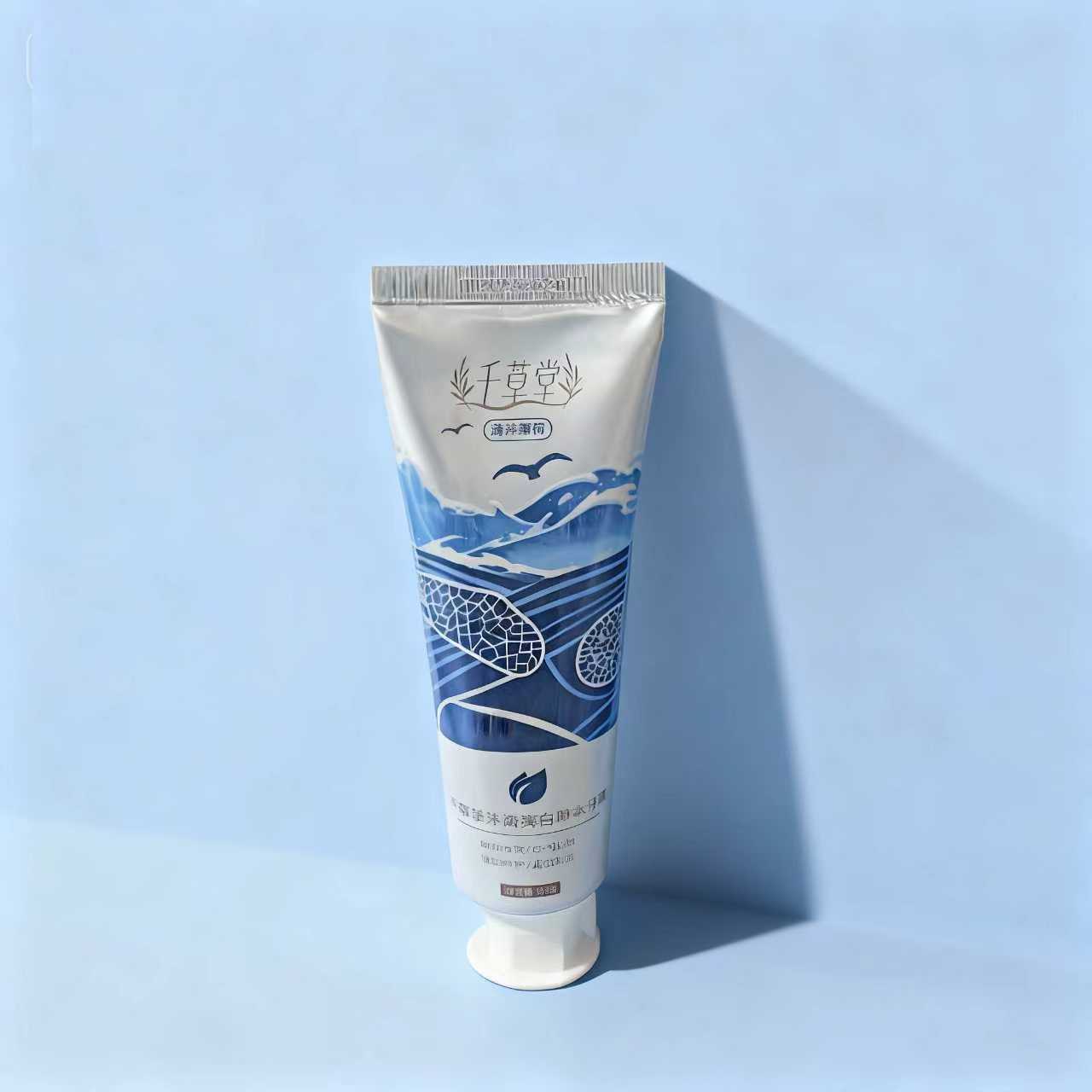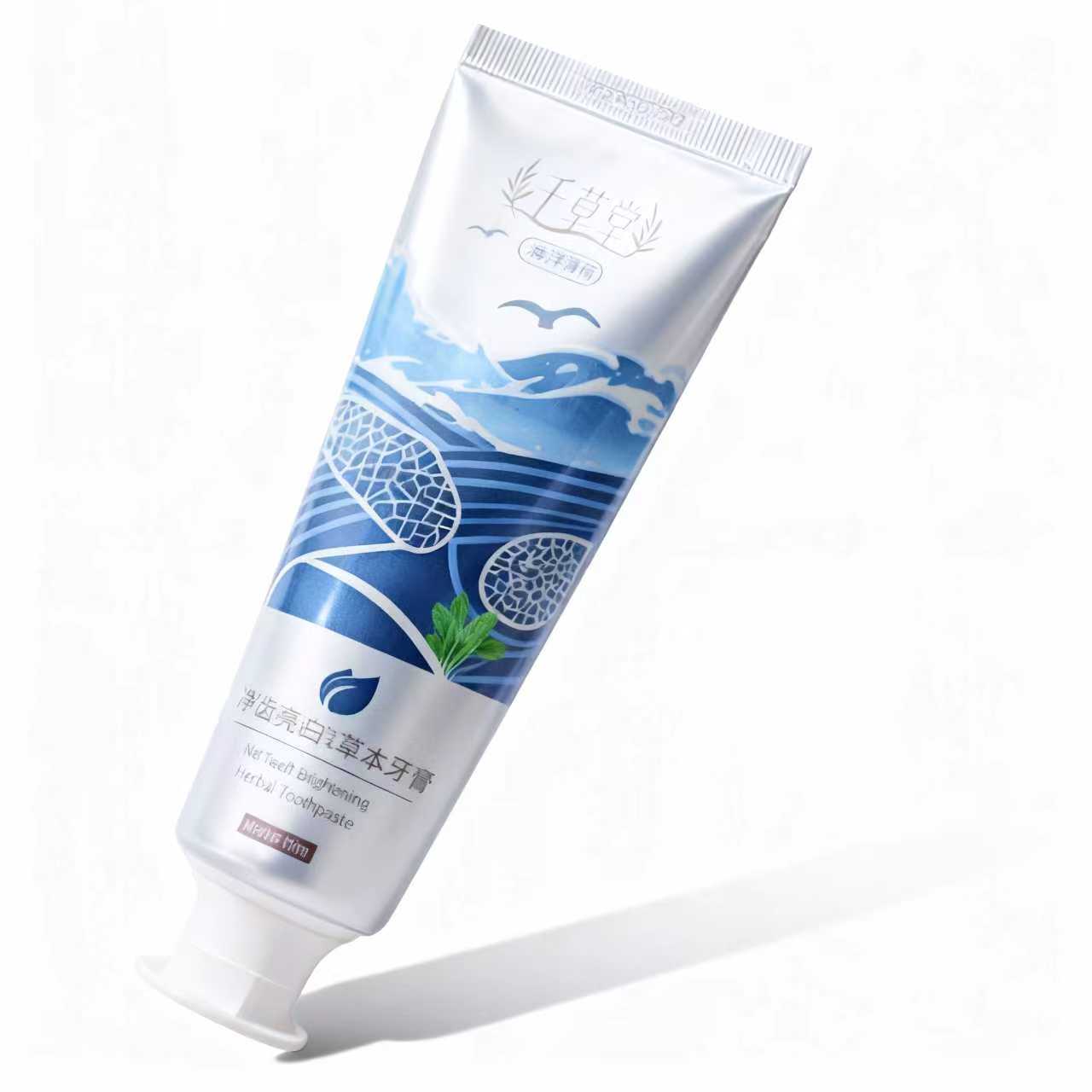
Diatom Toothpaste Brand Case Study
International Brands: Product Portfolio and Market Strategies
Several international brands have launched diatom-based toothpaste, each demonstrating distinct market strategies:
-
Tom's of Maine: A leading U.S. natural toothpaste brand, its Botanically Bright toothpaste uses naturally sourced silica as the main cleaning ingredient. It emphasizes “fluoride-free, SLS-free, vegan formula” and removes surface stains using naturally extracted silica. Tom’s of Maine targets consumers pursuing a natural and healthy lifestyle. Its success was validated when Colgate acquired the brand for USD 100 million, highlighting the significant potential of the natural toothpaste market.
-
Hello: While primarily an activated charcoal toothpaste, Hello incorporates diatomaceous earth as a supplementary ingredient. The formula combines fresh mint and coconut oil, is vegan, and free from dyes, artificial sweeteners, artificial flavors, SLS/sulfates, parabens, microbeads, triclosan, and gluten. The “clean formula” concept resonates strongly with young consumers.
-
Georganics: This emerging brand places diatomaceous earth at the core of its fluoride-free mineral toothpaste, blended with activated charcoal, calcium carbonate, coconut oil, and baking soda. Emphasizing “fluoride-free, chemical-free, vegan-friendly,” it uses sustainable glass jar packaging to reinforce eco-conscious branding.
Common Characteristics of International Brands:
-
Transparent Ingredients: Clear labeling and product communication allow consumers to understand all ingredients.
-
Natural Certifications: Many products hold certifications such as USDA Organic and non-GMO.
-
Eco-Friendly Packaging: Recyclable or biodegradable materials align with sustainability trends.
-
Storytelling Marketing: Each brand shares unique stories and values, establishing emotional connections with consumers.

Domestic Brands: Innovation Practices and Current Trends
-
Traditional Chinese Herbal Toothpaste Brands: Brands like Twin Lotus have experimented with adding diatomaceous earth to traditional herbal formulations (e.g., Twin Lotus and Tianqi extracts) to maintain anti-inflammatory and detoxifying benefits while introducing whitening functionality.
-
Emerging Brands: Some new domestic brands directly highlight diatom or natural mineral content as core selling points. For example, CanBan’s Zeolite Toothpaste emphasizes “natural zeolite adsorption + fluoride protection,” with higher mineral content than typical toothpaste, demonstrating confidence in natural ingredient efficacy.
-
E-commerce Brands: Multiple online-first natural oral care brands leverage D2C models, social media marketing, and youth-friendly packaging to rapidly build awareness. Their common traits include clear positioning (natural, safe, effective), competitive pricing, and flexible marketing approaches.
Challenges for Domestic Brands:
-
Limited Consumer Awareness: Domestic consumers are generally less familiar with diatomaceous earth.
-
Building Brand Trust: Requires clinical validation, authoritative certification, and reliable quality assurance.
-
Channel Development: Balancing traditional retail and e-commerce channels.
-
Cost Management: Maintaining quality while controlling costs to stay price-competitive.
Key Success Factors from Case Analysis:
-
Clear Brand Positioning: Successful brands define their target audience and unique value propositions. Example: Tom’s of Maine emphasizes “natural, healthy, sustainable,” while Hello focuses on “young, trendy, additive-free.”
-
Scientific Product Formulation: Carefully designed formulas consider whitening efficacy, safety, taste, and stability. Ingredients are often synergistically blended to enhance effectiveness.
-
Effective Marketing Communication: Utilizing social media, KOLs, and educational content to communicate unique selling points builds consumer recognition and trust.
-
Continuous Product Innovation: Adapting to evolving consumer needs with new product lines or improved formulas ensures long-term competitiveness.
-
Robust Supply Chain Management: Stable sourcing, cost control, and quality consistency are critical, especially for natural ingredient-dependent products.
Summary:
International brands show diverse approaches: Tom’s of Maine centers on natural silica and fluoride-free formulas, acquired by Colgate for USD 100 million; Hello adds diatom to activated charcoal, attracting young consumers with a “clean formula”; Georganics highlights diatom as the core, using eco-friendly packaging. Shared traits include transparent ingredients, natural certifications, sustainable packaging, and storytelling. Domestic brands mix traditional herbal formulations with diatom (e.g., Twin Lotus), emerging brands leverage mineral-based differentiation (e.g., CanBan), and e-commerce D2C brands scale quickly online. Domestic challenges include low consumer awareness, trust-building, and channel development. Success hinges on clear positioning, scientific formulations, effective marketing, continuous innovation, and supply chain reliability.


(1).jpg)
